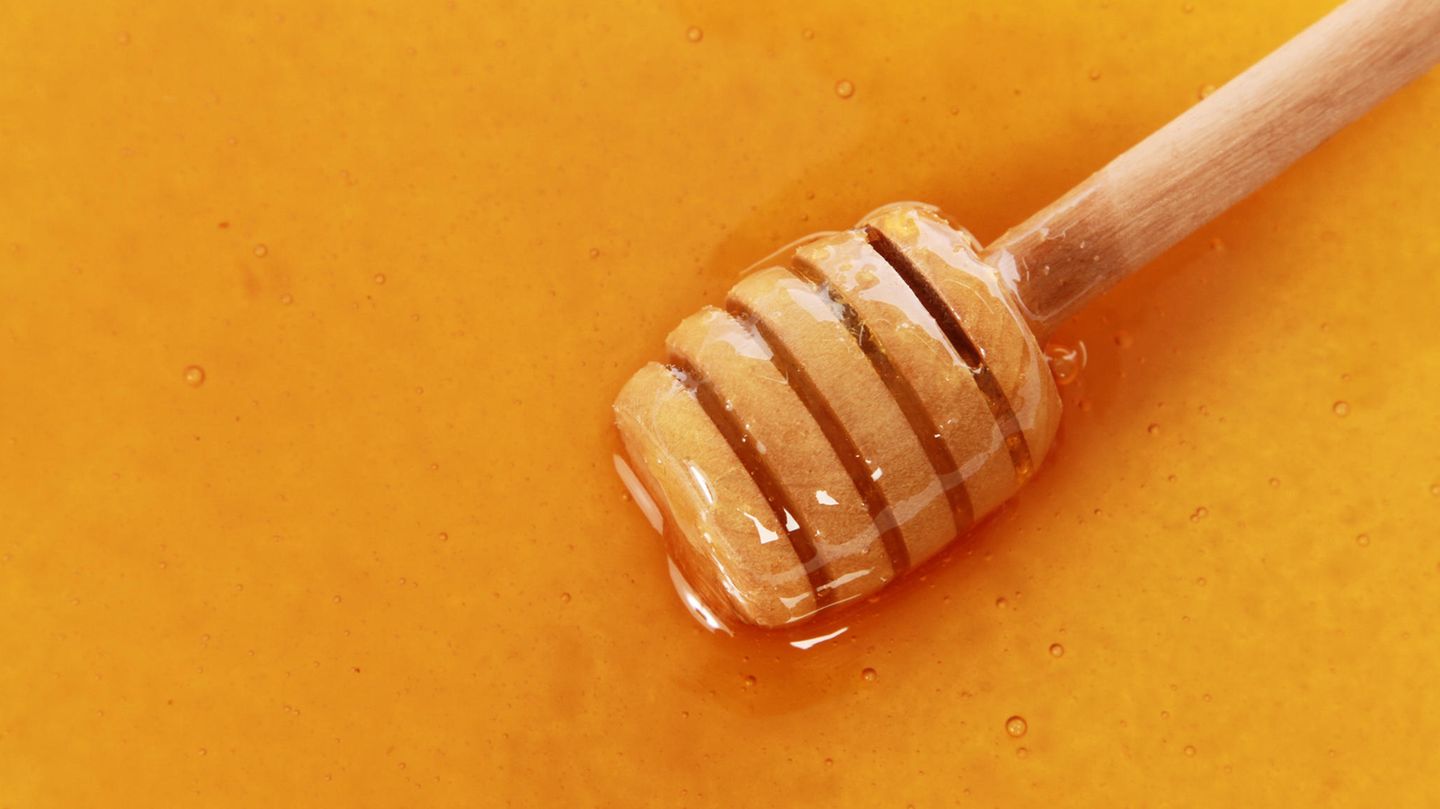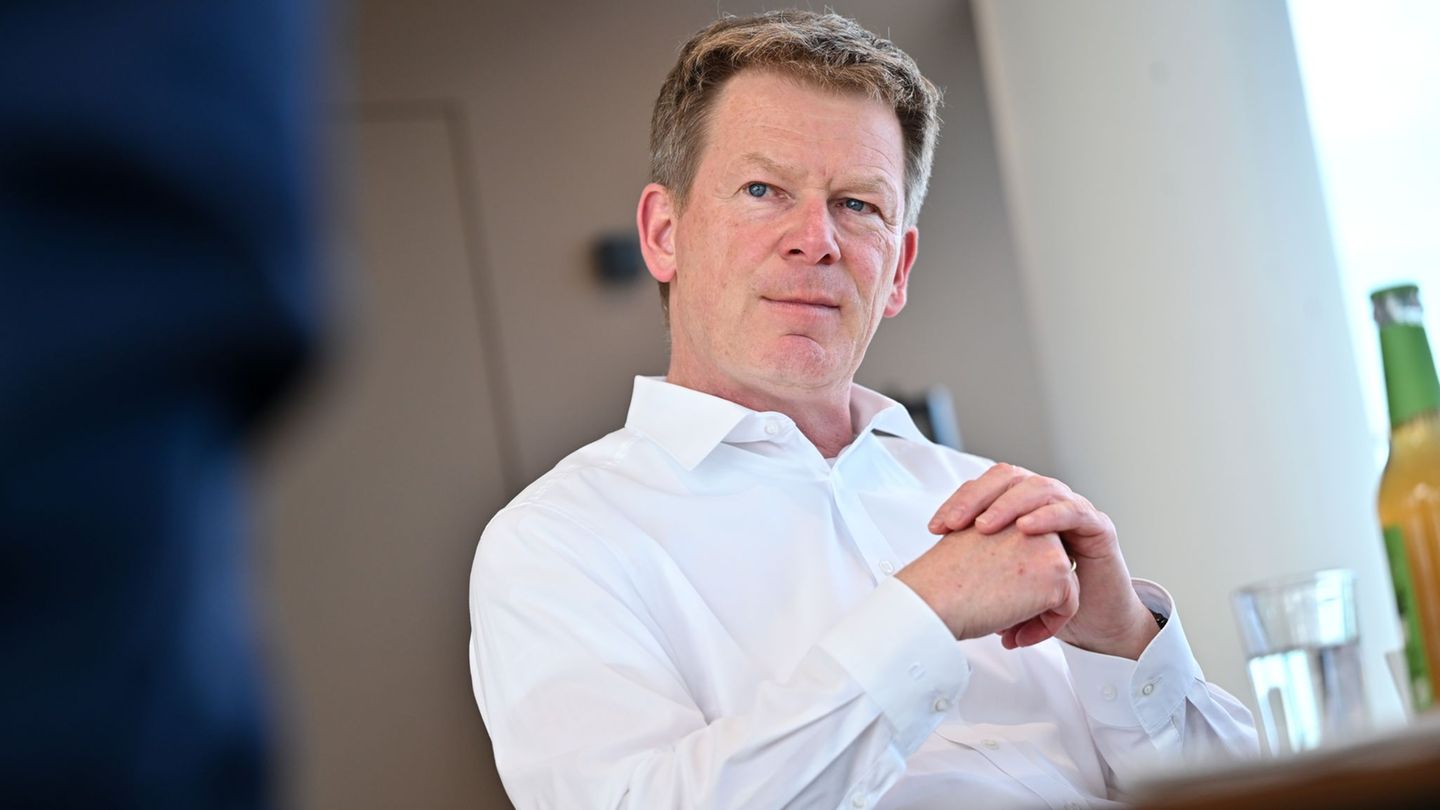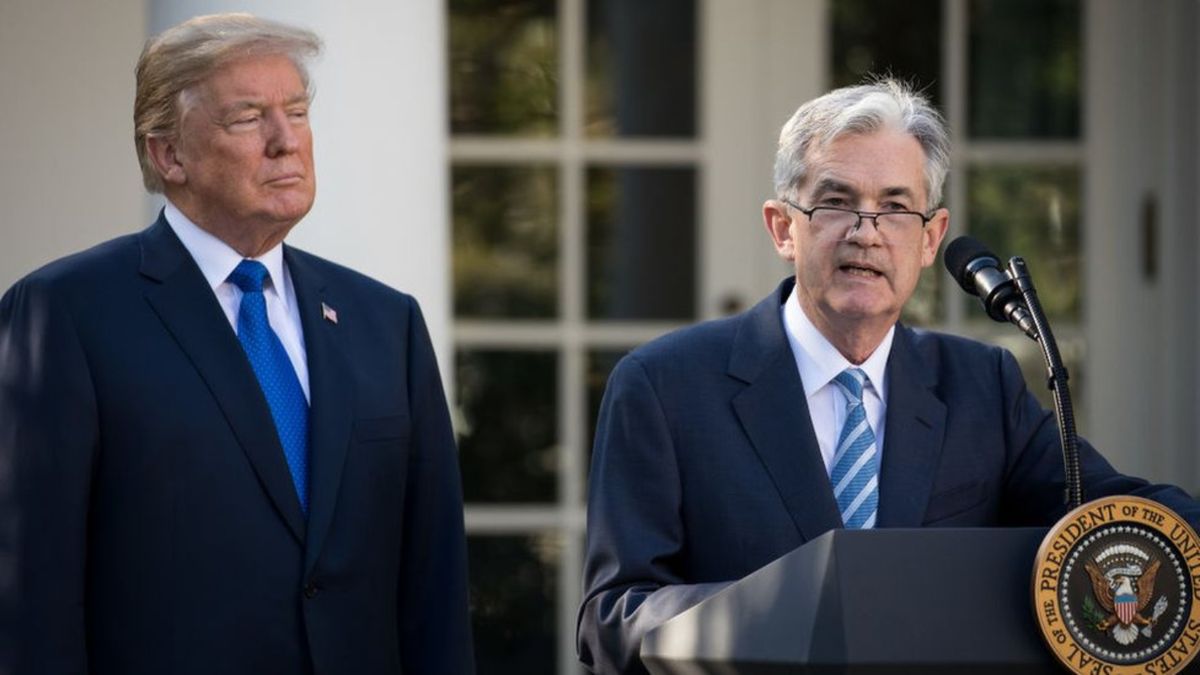Germany and the European Union import a lot of honey. But the imported honey is largely counterfeit, says the EU. Experts speak of consumer deception. But finding the wrong honey is not that easy.
Whether on a slice of bread or in tea: people in Germany like honey. In 2021, more than 800 grams of it were consumed per capita in this country. But the sweet golden mass was not always created by bees.
The European Commission, together with the European Anti-Fraud Office (OLAF) and the European Commission’s Joint Research Center (JRC), have carried out a coordinated search for counterfeit honey.
Samples of honey imports in the EU were taken between November 2021 and February 2022. The result was presented in March: 46 percent of the samples were suspected of being adulterated. This means that they did not comply with the general provisions of the EU honey directive. It stipulates that “no food ingredients, including food additives, and no additives other than honey may be added to honey”. In the samples, however, sugar syrup, food coloring and water were discovered, among other things.
“Consumer Deception” and “Criminal Profiteering”
“It’s basically sugar water,” an EU official told the Financial Times.
Several importers and exporters suspected of being involved in honey counterfeiting have been identified. China and Turkey attracted the most attention.
“This is consumer deception and criminal profiteering,” says Torsten Ellmann, President of the German Beekeepers’ Association star.
Germany is 30-40 percent self-sufficient in honey, explains the beekeeper, who owns 20 bee colonies. Import is therefore necessary. The problem is that adulterated honey is not recognizable for the consumer. At the same time, cheap offers in the supermarket are not an expression of poor quality or counterfeiting.
hobby beekeepers
Warning, these books are addicting to bees
Beekeeper President: Trust could be damaged by counterfeiting
But the consumer wants real honey, which is only produced by honey bees, as Ellmann explains.
“Consumers must be given transparency by listing the exact countries of origin on the labels. They should be able to decide where they want the honey to come from.”
The beekeeper fears that the good natural product will be badmouthed by the honey counterfeiters and that trust in the beekeepers will be permanently damaged. And that has serious consequences, according to Ellmann.
“If honey is then no longer bought, it has many consequences: there are fewer bee colonies, pollination is reduced, which then also has an impact on agriculture and our nutrition.”
Sugar syrup in honey: unfair advantage for scammers
But why is the honey faked at all? The EU Commission writes that the high consumer demand has driven world market prices to an all-time high. “This presents opportunities for deceptive practices aimed at improperly increasing economic or financial gain.”
The price differences between honey and sugar syrup as well as the difficulties in recognizing adulterated honey are very attractive to fraudsters. This would give you an unfair advantage. ‘Professional beekeepers in the EU could be discouraged from continuing their activity, which in turn has a negative impact on the volumes of honey produced in the EU,’ it says.
Health damage is not to be feared from the fake honey; the risk is very low, according to the EU.
Ellmann advises: Buy honey directly from the beekeeper
But the much more important question is: What can be done against honey counterfeiting?
The EU shifts the responsibility onto the member states. They would have to fight food fraud and counterfeiting. Food companies would also have to comply with the regulations. “A list of third-country companies that want to export honey to the EU would make it possible to strengthen controls at the EU borders if necessary.”
But stopping imports is not the solution. You don’t want to punish manufacturers who stick to the rules.
Torsten Ellman, on the other hand, calls for more action by the EU. In addition to stricter controls, exporters would have to be made liable and the penalties would have to be increased “so that this act is no longer worthwhile”. He and other beekeepers’ associations want to make these demands again soon in Brussels.
An alternative would be to produce more honey yourself in the EU. But that is not so easy. “We have to think about what that means: Is the abundance of flowers enough for the bee colonies? The framework conditions would also have to change. More space and plants would have to be created, alternative cultures would be needed.”
If you want to be sure not to buy fake honey, the beekeeper advises: “It’s best to buy it from the local beekeeper.”
Sources: , , , , ,
Source: Stern




